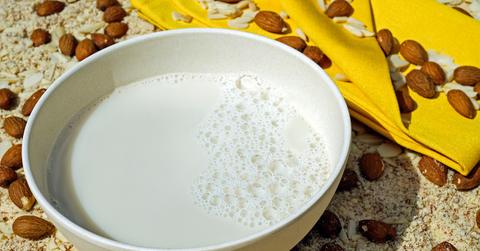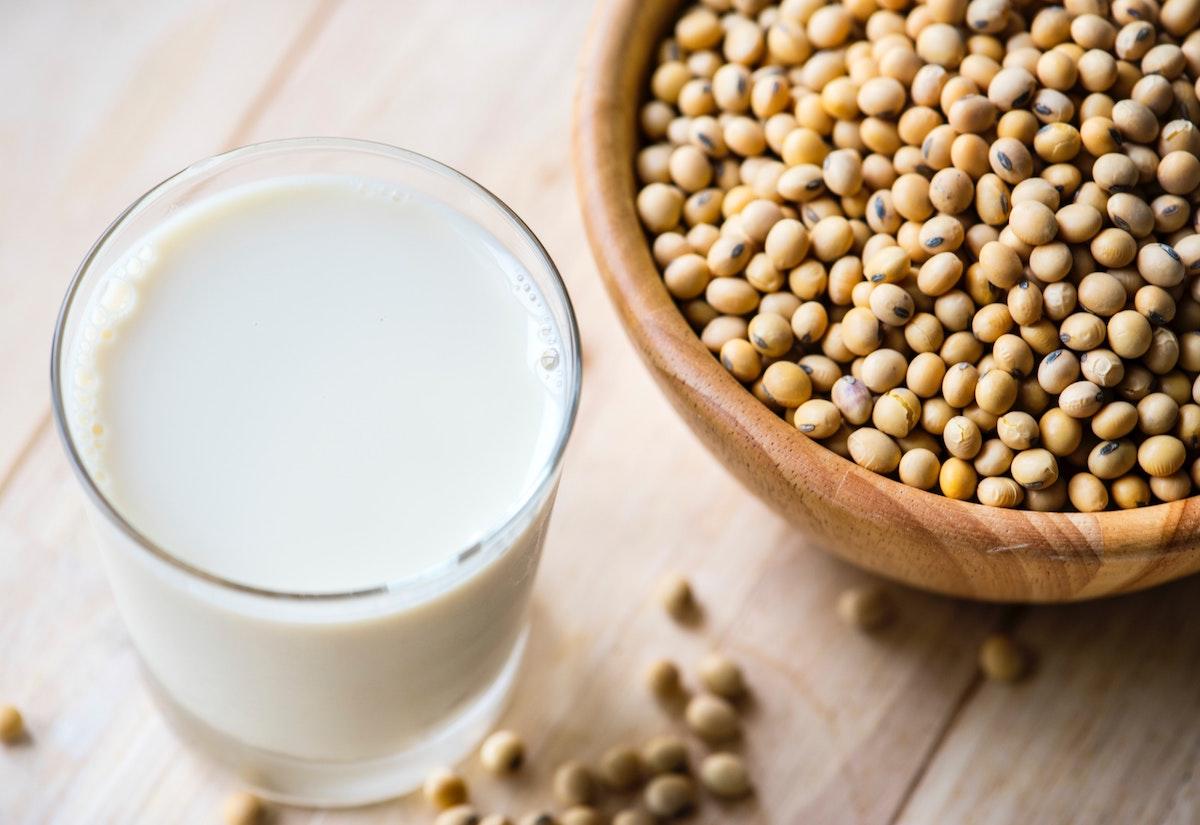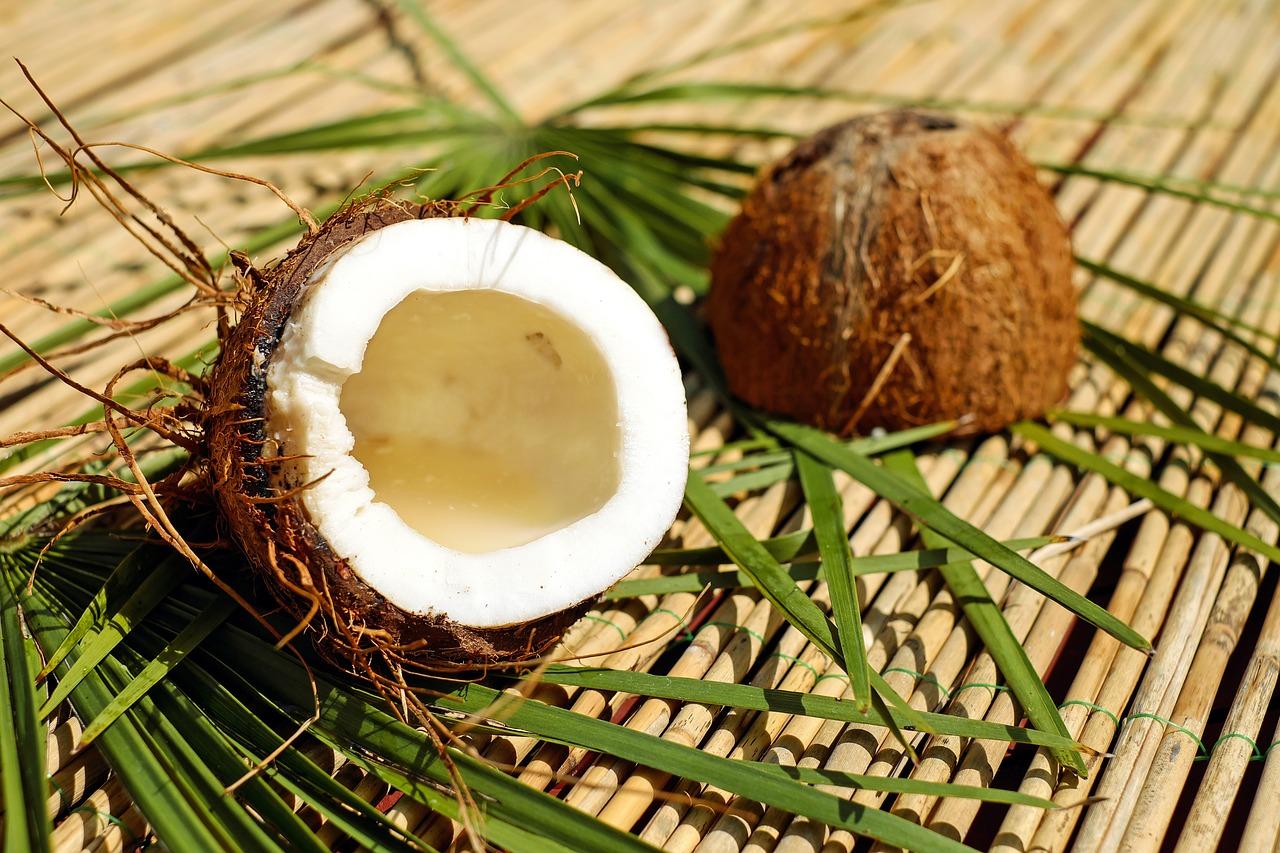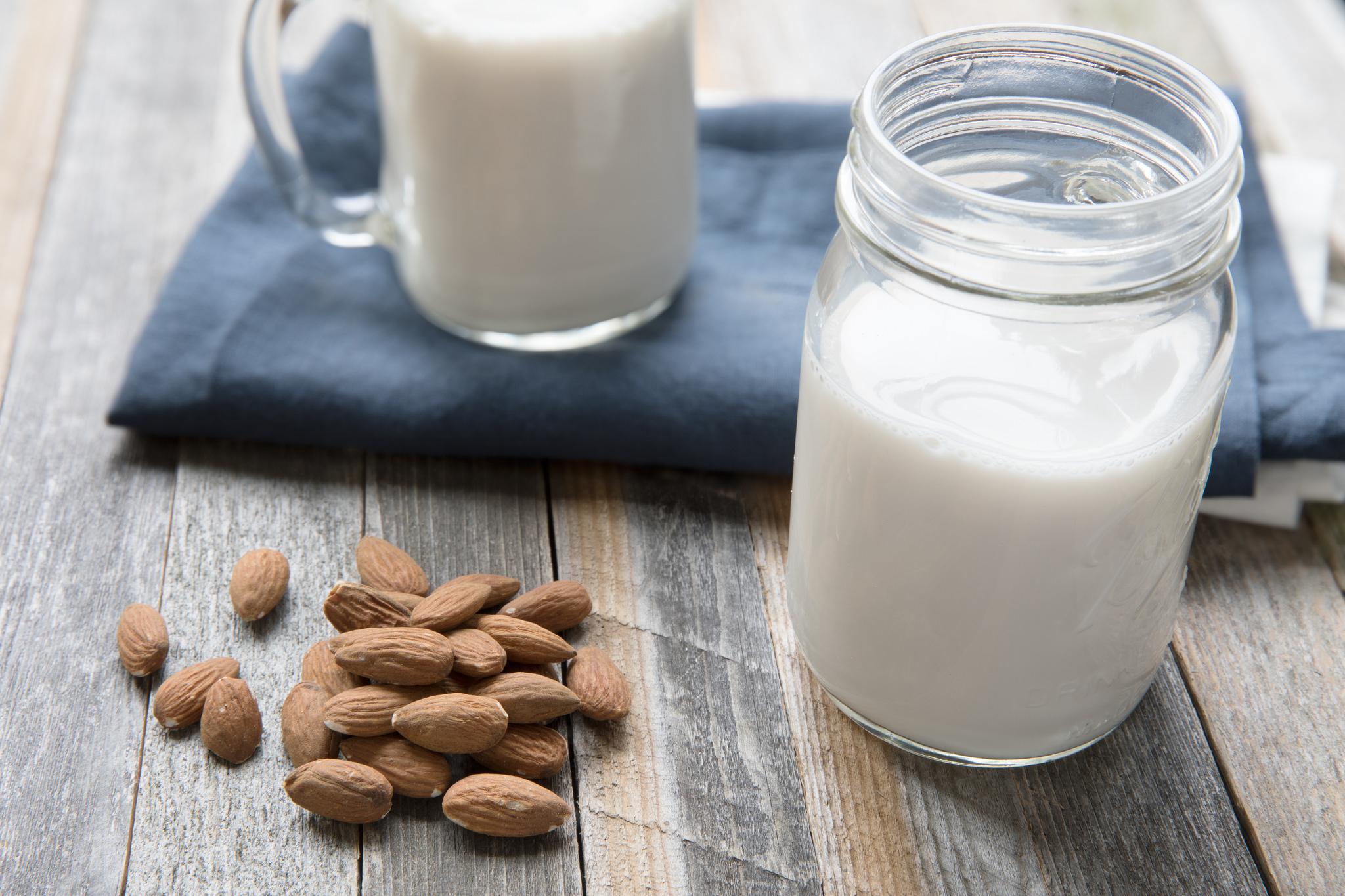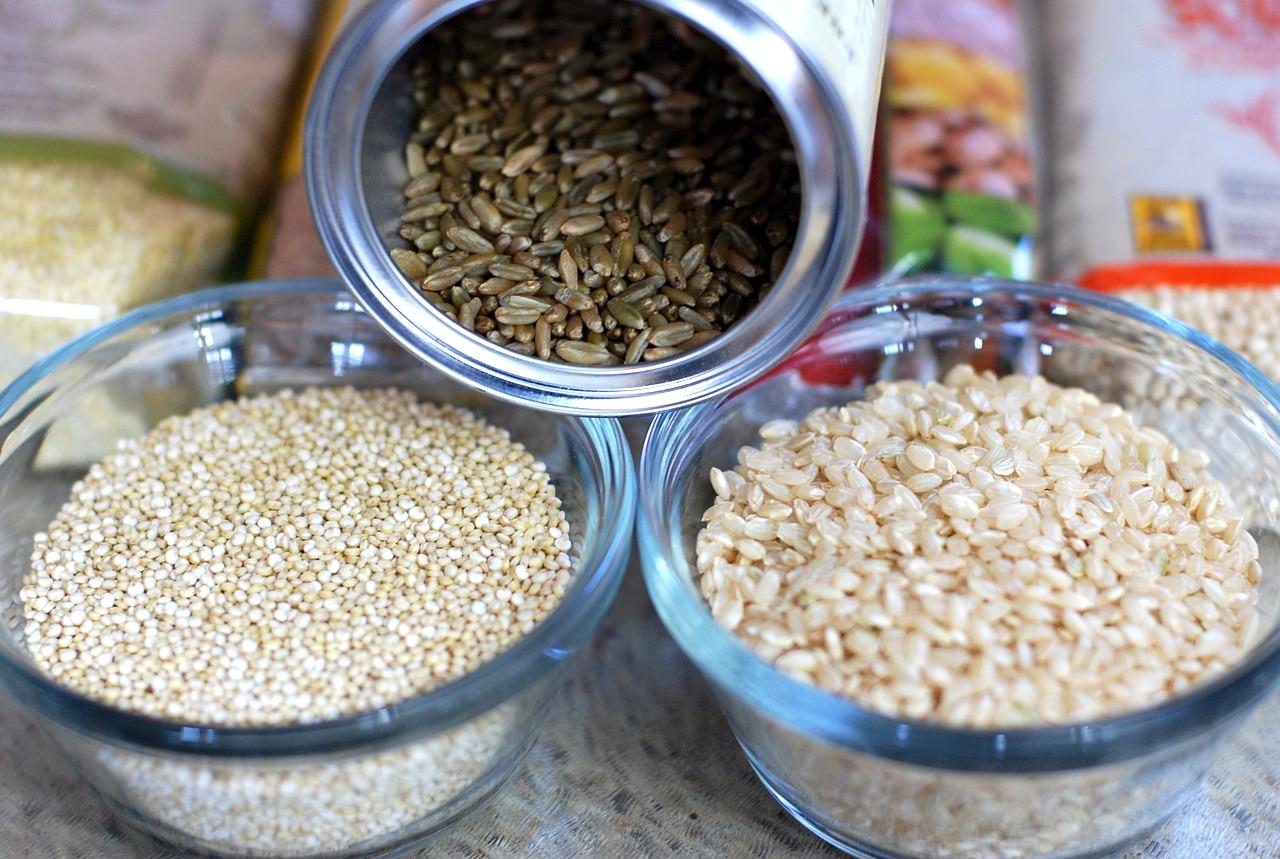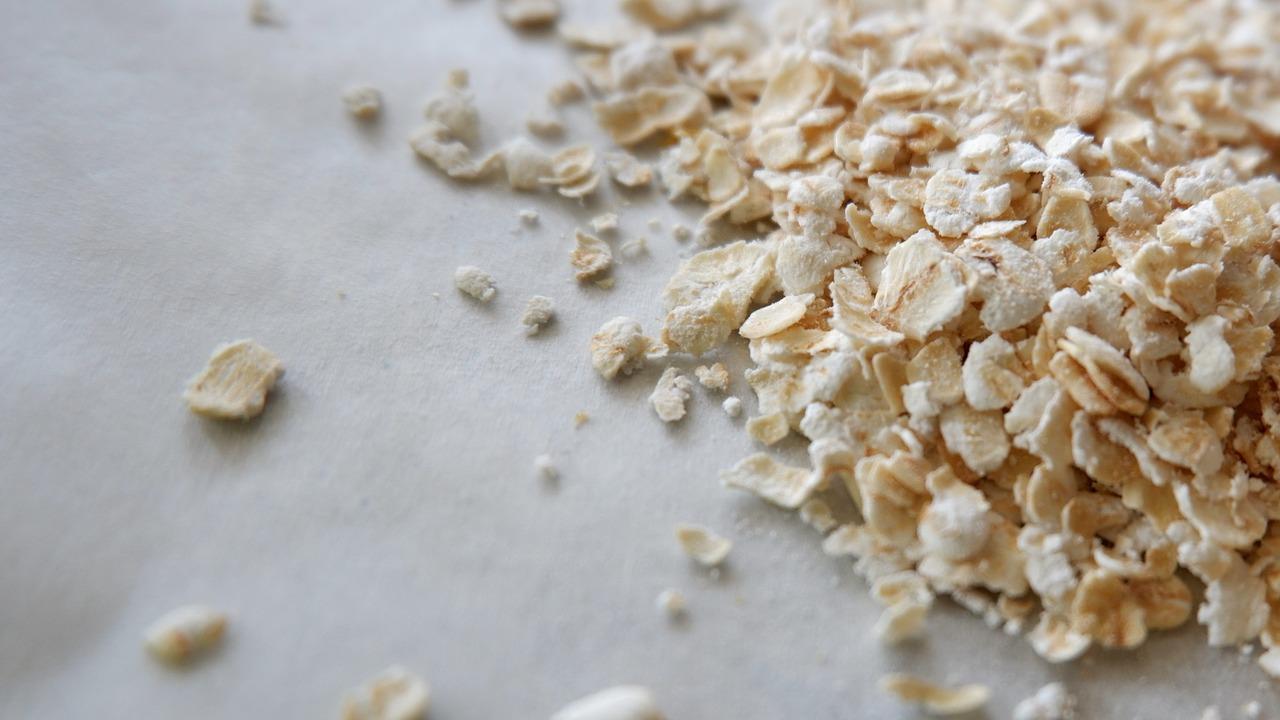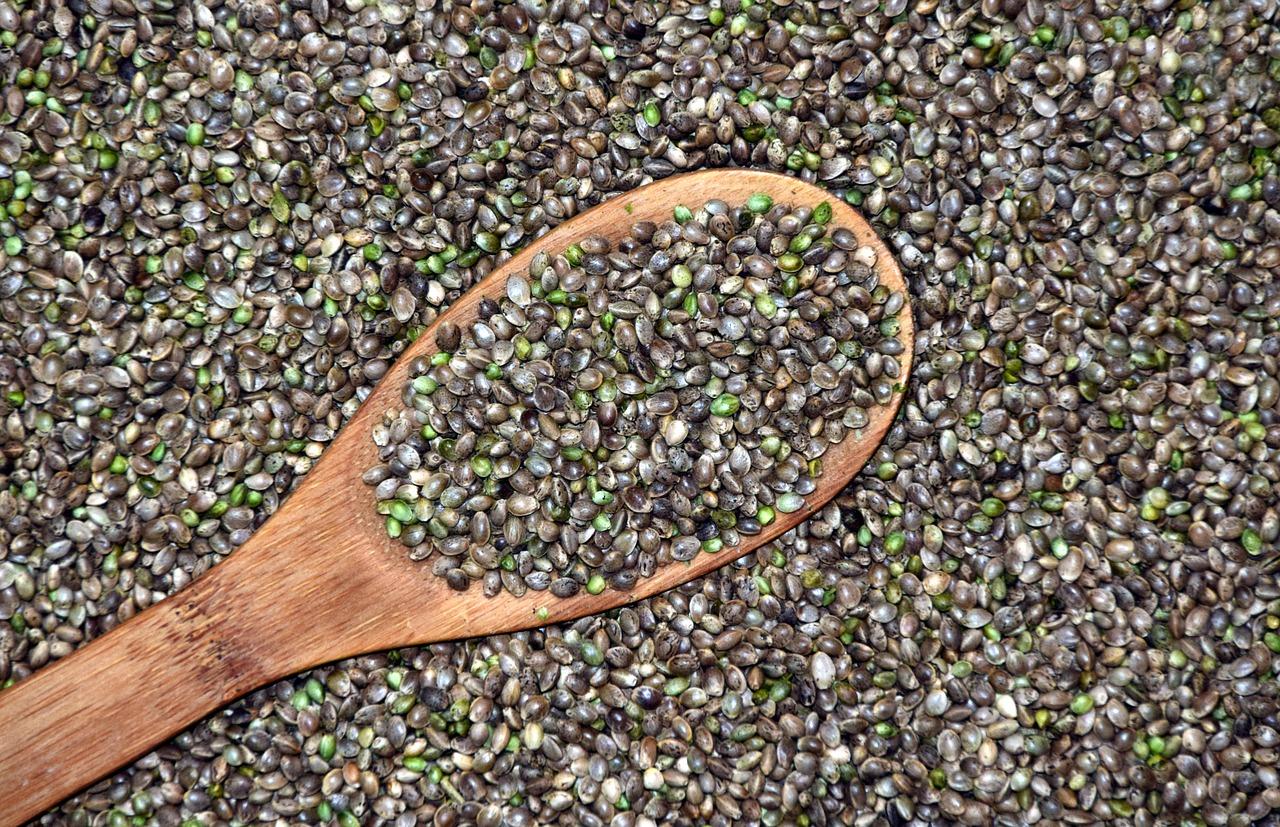What's The Best Plant-Based Milk For You?
Looking for a dairy alternative? This guide will help you decide if almond, coconut, rice, pea, or soy milk is right for you.
Updated May 31 2019, 12:26 p.m. ET
Have you been considering a plant-based milk? There are lots of reasons to seek dairy alternatives, even if you aren't lactose intolerant. Plant-based milks are vegan, usually gluten-free, and contain none of the cholesterol in cow's milk. They're fortified with enough calcium to rival traditional milk, but they're also less harsh on the environment than the dairy industry, which is on track to become one of the world's worst polluters.
But as new non-dairy milks hit grocery shelves seemingly every week, it's tough to know which one is the right choice for you. Should you try almond milk? Soy? Oat? Hemp? We break down seven options below, diving into the nutritional pros and cons, consistency, and taste.
Soy Milk
The historic choice of lactose intolerant shoppers, soy milk is derived from soy beans, a legume that's widely grown in the US. Soy milk is a nutrient-rich beverage, the rare nondairy drink that boasts the same amount of protein as cow's milk. (It also contains isoflavones, a substance that has alternately been hailed as cancer-fighting and cancer-inducing.) A recent study suggests it's the most nutritious alternative to traditional dairy, though some people can't stand the "beany" taste.
Coconut Milk
Grate and soak the pulp of a coconut and you get coconut milk, a creamy plant-based beverage that forms the base of so many curries. Coconut milk is pretty low in protein but high in saturated fat, which is why many nutritionists recommend only moderate consumption.
Almond Milk
Low-calorie almond milk is one of the most popular dairy alternatives on the market. But sadly, a lot of nutrients get lost in the creation process. While an ounce of almonds contains six grams of protein, almond milk typically contains just one gram — and much of the fiber and monounsaturated and polyunsaturated fats in the nuts are similarly diluted. That's because almond milk requires lots and lots of water, a point that has drawn scrutiny, especially when the drink is positioned as a more eco-friendly alternative to Big Dairy.
Rice Milk
Possibly the sweetest beverage of the bunch, rice milk is also the most carb-heavy, since it comes from milled rice (most often, brown). While rice milk is what people who have nut or soy allergies tend to grab, it's a bad choice for people with diabetes, due to the sugary content.
Oat Milk
An increasingly trendy choice in coffee shops across America, oat milk comes from soaked and strained steel-cut oats, or whole groats (the kernels that house cereal grains). It tends to get high marks for its taste, ranking close to regular milk due to its thick and creamy texture. Oat milk does not have as much protein as soy, but it has more than almond, rice, or coconut milk and it's also rich in fiber, boasting two grams per glass. It's high-carb and vegan, though not always gluten-free, so if you have Celiac, be sure to check the label before buying.
Pea Milk
Based on the name, you might assume pea milk is a ghastly green liquid. But it's derived from yellow peas, and tastes nothing like steamed vegetables. Pea milk is a relatively new dairy alternative, appearing in grocery stores over the past two years thanks to brands like Ripple and Bolthouse Farms. Its big selling point is that it packs the same protein as dairy and soy milk. It also has tons of calcium and, depending on the brand, vitamins like B12. While pea milk's taste is often described as rich and creamy, some people think it's a bit chalky.
Hemp Milk
Hemp milk comes from soaked and blended hemp seeds — but just because "hemp" is in the name doesn't mean it'll get you high. While hemp seeds come from the same plant that produces marijuana, they don't contain THC. They do contain omega-3 fatty acids, which gives hemp milk a nutritional edge. Hemp milk also has a decent amount of protein (2-4 grams per glass) and is relatively low-cal. Expect a nutty, earthy flavor, with somewhat gritty consistency.
